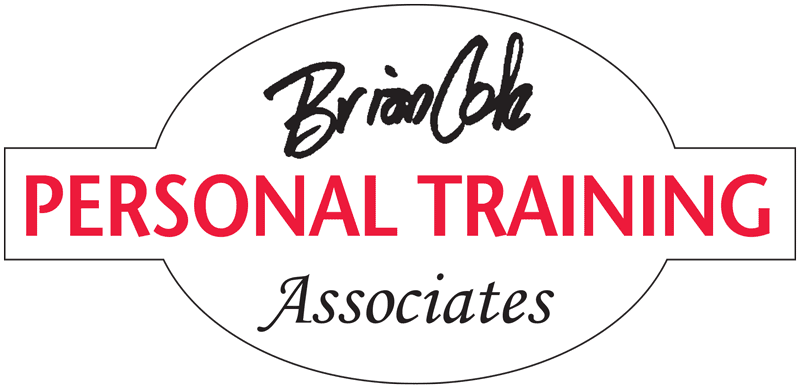In my life there have been plenty of times I’ve had to be decisive. No room for wishy-washy gray area indecision. Leadership requires being sure of oneself, taking charge and acting with strong, certain confidence. When that is needed, there’s no substitute. “To be or not to be…” was insightfully written to characterize the pitfalls of vacillating when acting is necessary.
Yes, there are situations that require being decisive. But I see far more that don’t have a definite solution, that just need to be managed, to be massaged. And there are some that have many solutions — none of them wrong. Evaluating all this requires not treating everything in terms of right/wrong decisive action. Some people seem to be conflating being decisive with being right. I coach myself to relax my hubris, to consider alternatives to my initial opinions and to listen to the opinions of others.
For me, those others are often the women in my life. The women I’m drawn to combine their knowledge with a connection to emotions I just don’t have. I’ll know when feelings are more prominent than usual in my life but I often don’t know what those feelings are. Deeper waters. A friend once said he tries to explain to his wife that she needs to keep her feelings out of her decision-making in order to see things more clearly. I strongly disagree. Our feelings are insights into deeper stuff that I can’t always access, and they should be involved in any decision. I don’t like making decisions without first listening to the input of a woman who cares. Indispensable to me.
My brief version of Mr. Niebuhr’s well known prayer is:
“TAKE CHARGE —or — be still and listen….” But I’ve not changed the message of his final part: “…and the wisdom to know the difference.” Listening is not indecision; listening is a skill, and like other skills, practice improves it. Listening is being patient and hopefully gaining a bit of wisdom.
Along with listening and being patient as prerequisites to strong decisive action, I also value compromise. Somehow that’s become a dirty word as if it’s a cop-out. It’s not. It’s respect for the different points of view of others. When it’s agreed that something needs improvement, a mutual (imperfect) agreement is an essential ingredient if working together is going to be productive in any kind of relationship, whether it’s personal, business, political, etc. Acceptable compromise starts with clarifying the real issue, not with expressing individual opinions about the surface stuff. Instead of debating, this takes some working together because reality is often just a point of view. It’s not about half full vs. half empty. As a lady once said: “Relax, it’s just a glass with some water in it.”
I try to curb my tendency to rush to certainty and voice my opinion, by really listening to viewpoints that differ from my own. I know this produces better decision making and provides a more solid foundation from which to be decisive. If, after all that, it’s even necessary.
Many of you comment to me personally about my columns. Thank you because I surely enjoy writing them.

